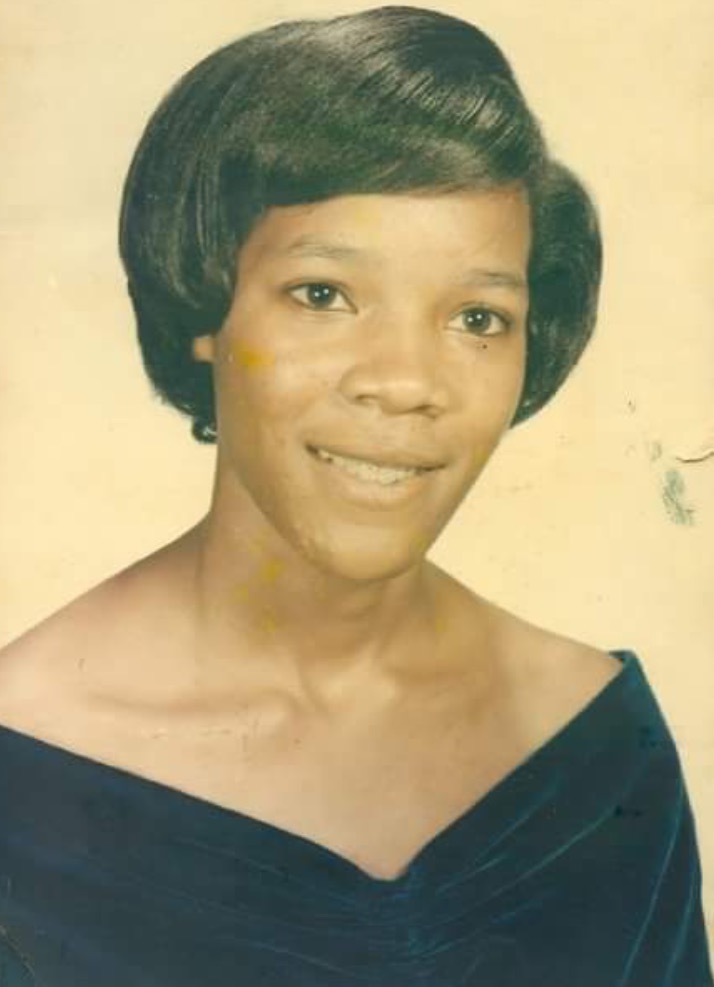Whispers in the Night: The Inspiring Journey of Reverend Leonard Grimes and the Underground Railroad
- T. Brookshire

- Jan 4, 2024
- 3 min read
In the fall of 1839, a dark shadow hung over Meadowbrook plantation in Loudoun County, Virginia. Joseph Meade, a prosperous plantation owner, ruled his sprawling estate with an iron fist. His wealth had been built on the backs of enslaved men, women, and children who toiled in the fields under the unforgiving Virginia sun.

Background
But in the heart of this oppressive landscape, a beacon of hope emerged in the form of Leonard Andrew Grimes, an African-American abolitionist and pastor from nearby Leesburg. Reverend Grimes had heard whispers of Meade's cruelty, and when he caught wind of a desperate plea for help from Patty, an enslaved woman, he knew he had to act. Grimes was already playing a pivotal role as one of the principal agents of the Underground Railroad in Virginia. He became a taxi in the District of Columbia and discovered that his profession provided the perfect cover for helping fugitives escape from Virginia. Born of free African-American parents in Leesburg, Virginia 1815, he purchased several horses and carriages to provide transportation for hire and clandestine missions to transport fugitive slaves to the Washington, DC area.

Background
As an enslaved mother, Patty had endured years of torment at the hands of Meade, and her spirit had not been broken. She dreamt of freedom for herself and her six children, and she believed in the power of Leonard Grimes to make that dream a reality. On a chilly November night, Grimes embarked on a treacherous journey that would take him 30 miles south to Meadowbrook. With the darkness as his ally, he slipped past the watchful eyes of overseers and hounds, guided only by the North Star and his unwavering determination. As Grimes approached the plantation, his heart pounded like a drum. He had been on several successful missions before, but he was well aware of the risk of discovery... It meant certain death for him and unimaginable suffering for Patty and her children. But he pressed on, fueled by a righteous fire that burned brighter than any fear.
Faith in Freedom
Finally, under the cover of night, Grimes reached Patty's quarters and he gathered her and her children, leading them silently into the inky blackness of the surrounding forest. For days, they traveled, relying on Grimes's knowledge of the land and the kindness of strangers who offered food and safe houses along the way... what became known as the "Underground Railroad". They faced danger at every turn, but Grimes's unwavering spirit and Patty's unshakable faith carried them forward. Their journey was a testament to the indomitable human spirit and the enduring power of one man's courage and one woman's faith to defy the cruelty of an unjust world. As they crossed the threshold into freedom, Leonard Grimes knew that the family's struggle was far from over, but at least now they were free and could embark on a new life in the North.
But Leonard Andrew Grimes's mission wasn't over either. His unwavering dedication to the cause of emancipation for countless others continued, but he would eventually be arrested and convicted specifically for assisting Patty and her children. He endured two grueling years of hard labor in the Richmond Penitentiary and paid a then-hefty fine of $100.
Guiding Light of Legacy
Upon his release, Grimes and his family sought refuge in New Bedford, Massachusetts, and later settled in Boston. There, he assumed the role of minister at the Twelfth Baptist Church, a sanctuary for scores of self-emancipated slaves. The church earned its reputation as "The Fugitive Slave Church," and under Grimes's leadership, it became a beacon of resistance against the oppressive Fugitive Slave Law. During the Civil War, Grimes joined the chorus of Black leaders agitating for the enlistment of black soldiers and was rewarded in 1863 with the creation of the 54th Massachusetts Infantry Regiment, one of the war's first African American regiments. In Boston, Grimes tirelessly mobilized the Black community, raised funds for fugitive assistance, and championed every major fugitive slave case in the city. The Twelfth Baptist Church stood as a symbol of hope, a testament of the courageous spirit of a man who had risked everything for the cause of freedom.












Comments